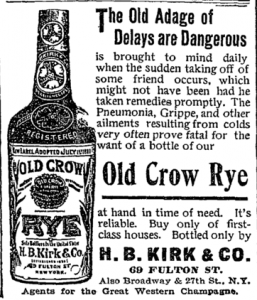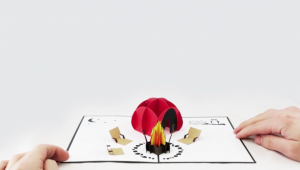
What happens when fun runs into obsession or compulsion? Where does the fun end and the addiction begin?
Alcohol is a perfect case study in the delicate balancing act fun requires. On face value, booze is a big part of how grown ups have fun. We drink wine at fancy dinners, guzzle beer at the bowling alley and slam cocktails at the night club. Liquor is a “social lubricant” and go to for the end of a busy work week. Happy Hour is not synonymous with happiness but with drinking.
Short of a Carrie Nation teetotaler most people can at least see a place for a cocktail in the world of adult fun, even it is not your drug of preference.
In short, drinking is fun or at least helps get us in the mood for having fun.
That is always a few drinks away from trouble. Drink too much and you get a hangover, drink and drive and you might get a ticket, or worse. Chain yourself to the bottle and you can get though the day without a drink. Even moderate social drinking can end up in unwanted arguments or the regretful drunk dial.
Looking at fun theory, we can see the problem. First off, you don’t need booze to have fun anymore than you need Disneyland to have fun. But in both cases, a martini or the Mouse can help get you into the fun state of mind–where things are what they are not and are not what they are. The is/is not of fun.
But booze is a drug and as easily as it can alter our body chemistry for good, it can also lure us into a false sense of security–we think we are funny when we are offensive, we think we are really good drives while we weave, we think we are really good dancers while we slowly grind out a regretful performance that will end up on You Tube. In all of these cases, we are having fun in the moment, but upon sobering up, the moment is gone, and with it the fun.
And when alcohol becomes an obvious addiction, an uncontrollable compulsion, there is no “is not”, only the ugly dependancy.
Strangely, in the wild and wacky world of fun, the question of addiction only points toward moderation. If you can’t do something with a measure of control–eat, drink, exercise, have sex–then you really can’t have fun. Fun does’t provide a recipe as much as a formula. What you do for fun today ought to still seem like it was fun tomorrow.

